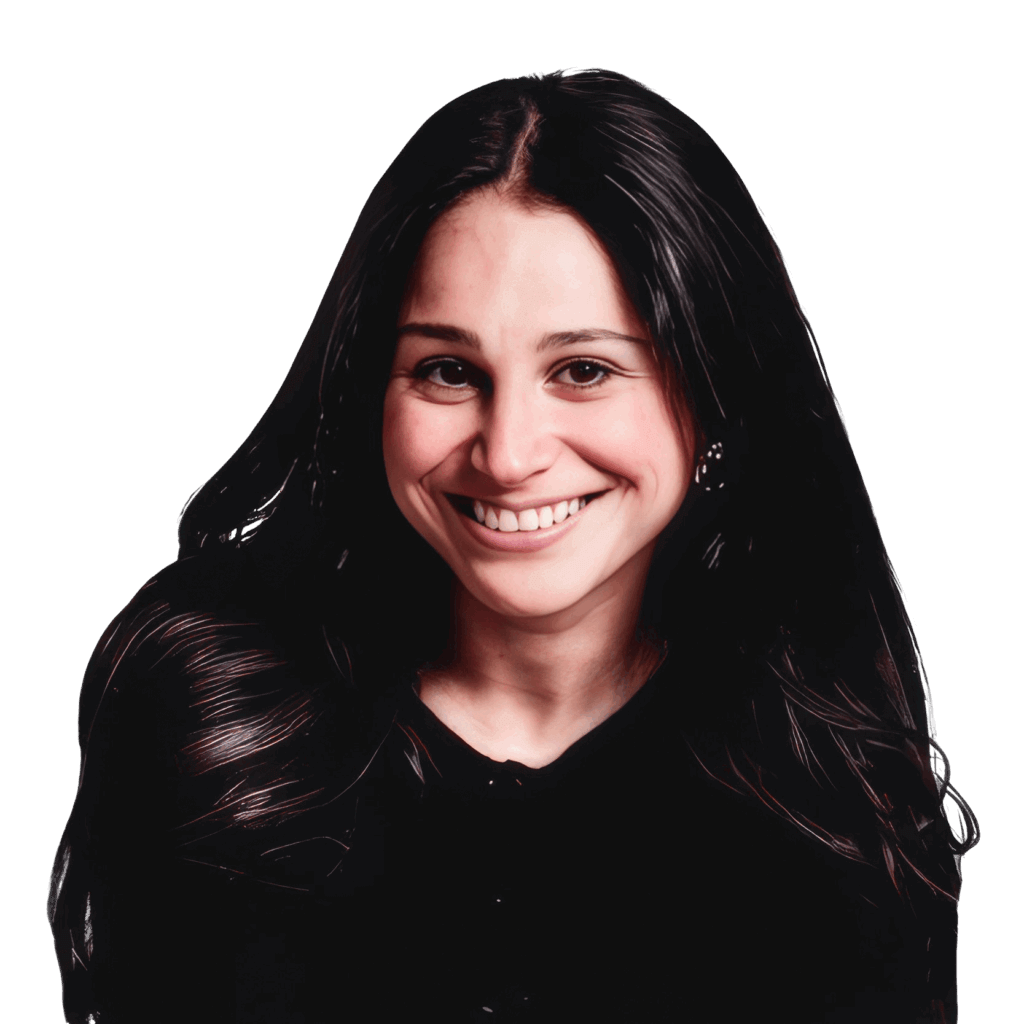If you’re one of the ~80M Medicaid-eligible Americans, you’ve probably experienced major whiplash in recent years. From continuous enrollment changes during the COVID-19 public health emergency, state-by-state Medicaid expansion decisions, block grants, the rollback of work requirements, redeterminations, and now the new work and income requirements embedded in the most recent budget bill – the pace and complexity of changes have been relentless. And these are just a subset of the dizzying number of policy changes that have shaped the Medicaid program at both the federal and state level since 2020.
The unifying theme: Medicaid eligibility is getting more complex. While recent public discourse has focused on the people who will lose health insurance coverage due to ineligibility, there is an equally important challenge associated with those who are eligible but struggle to keep up with the latest requirements and navigate the onerous reporting and enrollment processes to maintain their coverage. Medicaid churn is one of American healthcare’s quietest failures – widespread, recurring, and largely ignored.
And wow, is that enrollment process onerous, as explained in detail here. It requires paperwork that’s often hard to find, absolute accuracy in completing forms (or risk denial and starting over), an understanding of which specific Medicaid program to choose, and submission through the right channel (fax, mail, or online portal). All of this must happen within a tight timeline. In many states, over 30% of Medicaid disenrollments are for procedural reasons – not ineligibility. In the U.S., losing health coverage can boil down to something as simple (and unfortunate) as missing a letter in the mail.
Fortuna fixes this.
The company launched in the throes of COVID-19’s Medicaid unwinding to bring efficiency and transparency to a broken process. Fortuna was built to make Medicaid eligibility determination and enrollment clear, navigable, and reliable. It helps people stay covered by ensuring they know what to do and when, without getting lost in the process. From intelligent outreach with step-by-step support, to the underlying platform that integrates with the patchwork of state and county systems, Fortuna reduces drop-off and transforms a fragmented process into one that’s timely, human-centered, and easy to complete.
In just a short time, Fortuna has expanded into 10 states (with more coming online rapidly), partnered with a dozen enterprise healthcare organizations that serve Medicaid members, and – most importantly – helped thousands of individuals and families navigate their Medicaid eligibility and enrollment each month with the simplicity of the most modern consumer app experiences.
The founding team – Nikita Singareddy, Cydney Kim, and Ben Wesner – are forces of nature, combining world-class operational and technical talent with the deep mission orientation necessary to tackle one of the gnarliest corners of healthcare administration for the country’s most underserved citizens. We couldn’t be more excited to lead Fortuna’s Series A (after also leading the Seed) and continue backing this incredible team as they build the clearinghouse infrastructure and consumer co-pilots for Medicaid – and beyond.
-

Julie Yoo is a general partner on the Bio + Health team, where she leads investments into companies that are transforming how we access, pay for, and experience healthcare.
-

Daisy Wolf is an investing partner on the Bio + Health team, focused on consumer health, the intersection of healthcare and fintech, and healthcare software.
-

Eva Steinman is an investing partner on the Bio + Health team.
- Follow
-

Jane Rhee is an investing partner on the Bio + Health team.
- Follow


